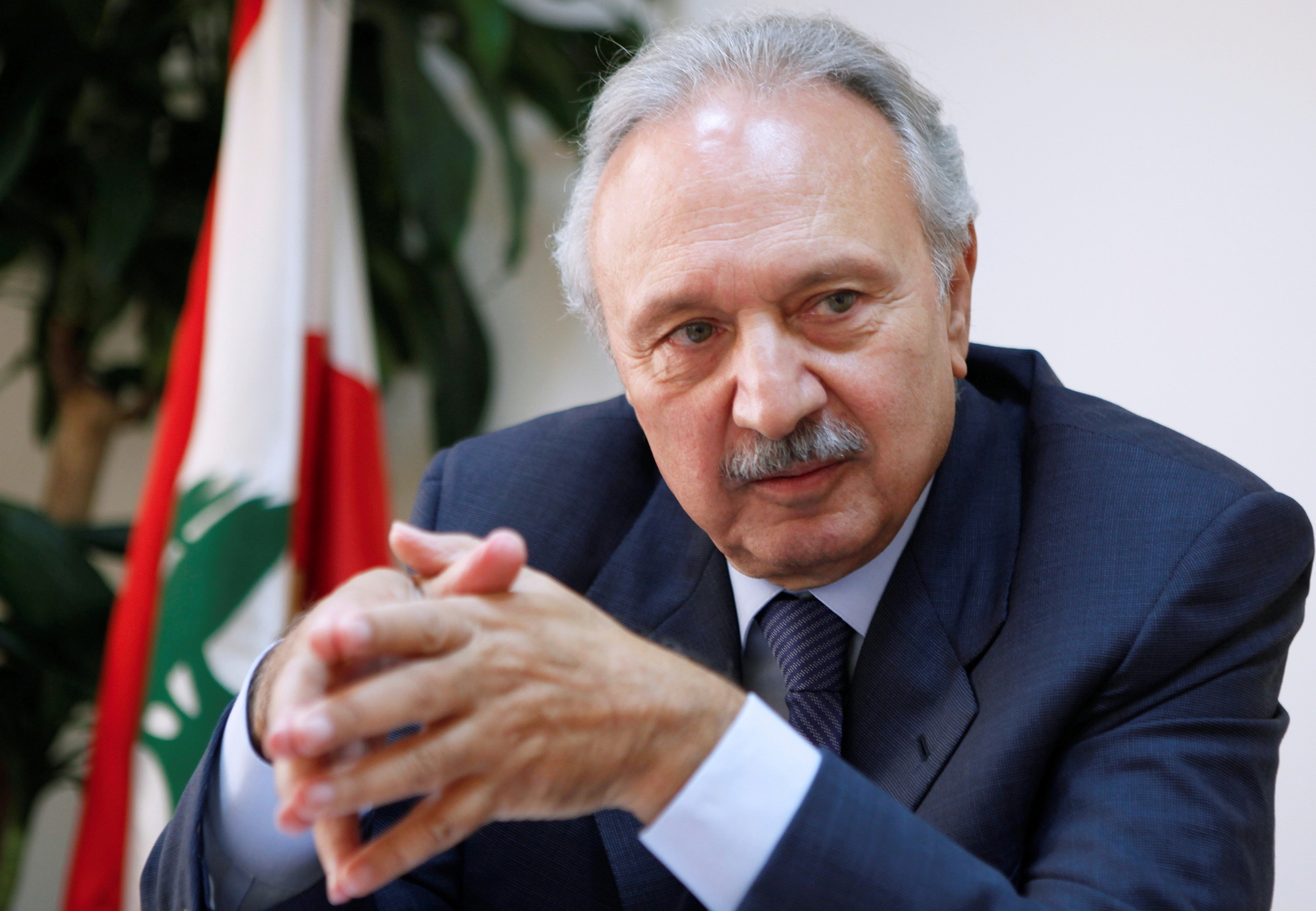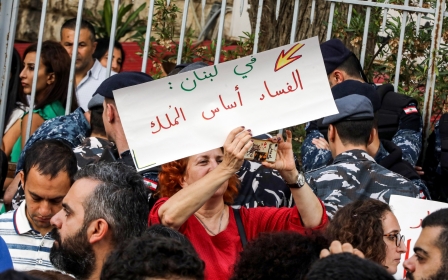Major Lebanese parties nominate former finance minister as premier

Three of Lebanon’s largest parties have agreed to nominate Mohammad Safadi, a former finance minister, to become prime minister, according to reports.
A consensus emerged late on Thursday in a meeting between Shia groups Hezbollah and Amal and former prime minister Saad al-Hariri, sources told Lebanese broadcasters LBCI and MTV.
Hariri, a leading Sunni politicians aligned with Western and Gulf states, quit as prime minister on 29 October amid unprecedented protests decrying government corruption and demanding economic reform.
Lebanon's prime minister must be a Sunni Muslim, according to its constitution.
MPs from Hariri’s Future Movement are expected to nominate Safadi in a formal process that is set to begin soon though there has been no official confirmation from the parties or from Safadi.
New MEE newsletter: Jerusalem Dispatch
Sign up to get the latest insights and analysis on Israel-Palestine, alongside Turkey Unpacked and other MEE newsletters
The candidate with the most votes from MPs will be elected as prime minister in a process that will be overseen by President Michel Aoun, a Maronite Christian.
Safadi, 75, is a prominent businessman from Tripoli and has served as finance minister and minister of economy and trade.
He is described as having made his fortune in Saudi Arabia and being close to the Saudi royal family in a 2009 US Embassy cable published by Wikileaks.
The next government will be expected to win international financial support to alleviate the country’s worst economic crisis since the 1975-90 civil war, while also addressing the demands of protestors which have brought the country to its knees.
Lack of services, corruption and unemployment are at the heart of a crisis which has also caused banks to impose controls on financial transfers abroad.
Middle East Eye delivers independent and unrivalled coverage and analysis of the Middle East, North Africa and beyond. To learn more about republishing this content and the associated fees, please fill out this form. More about MEE can be found here.




